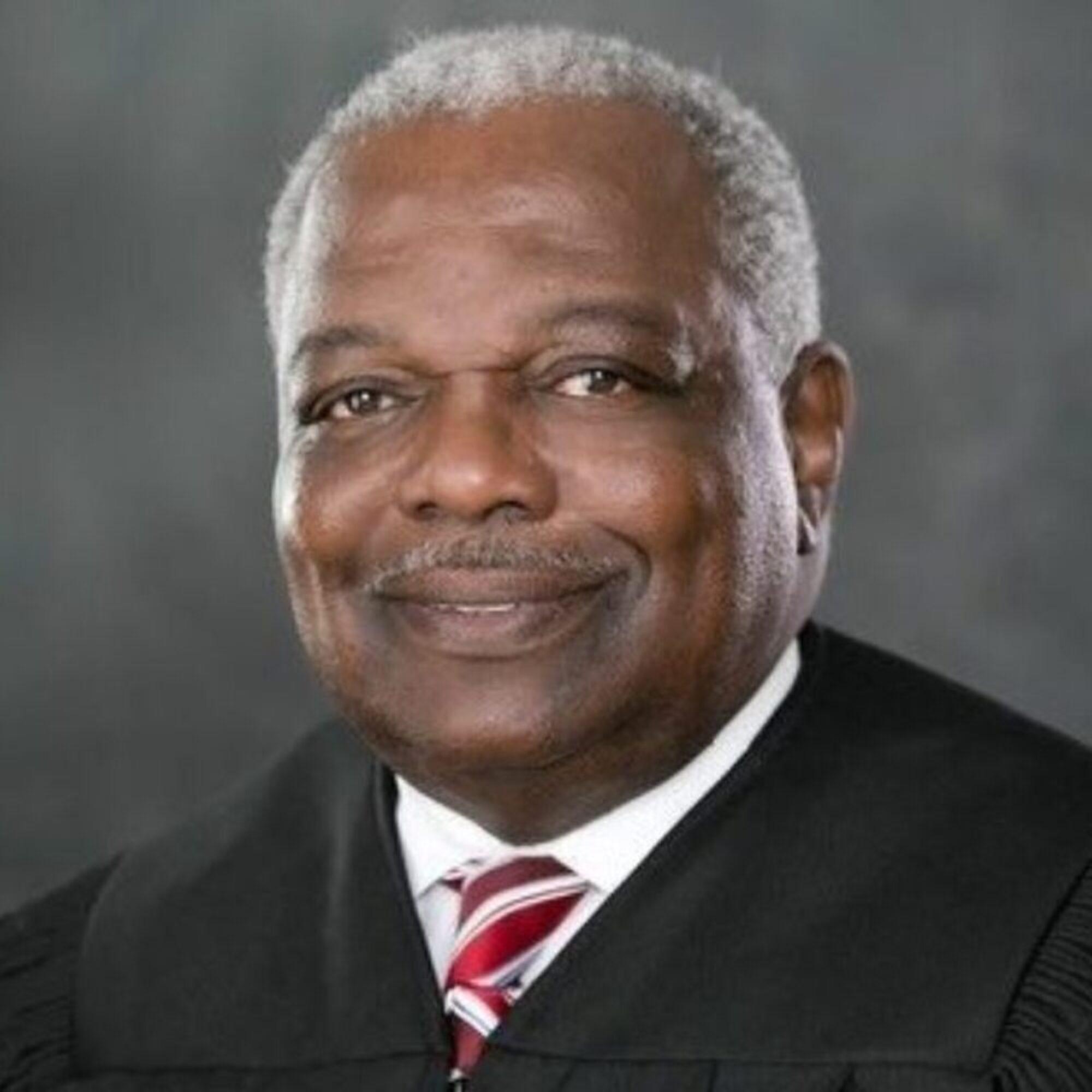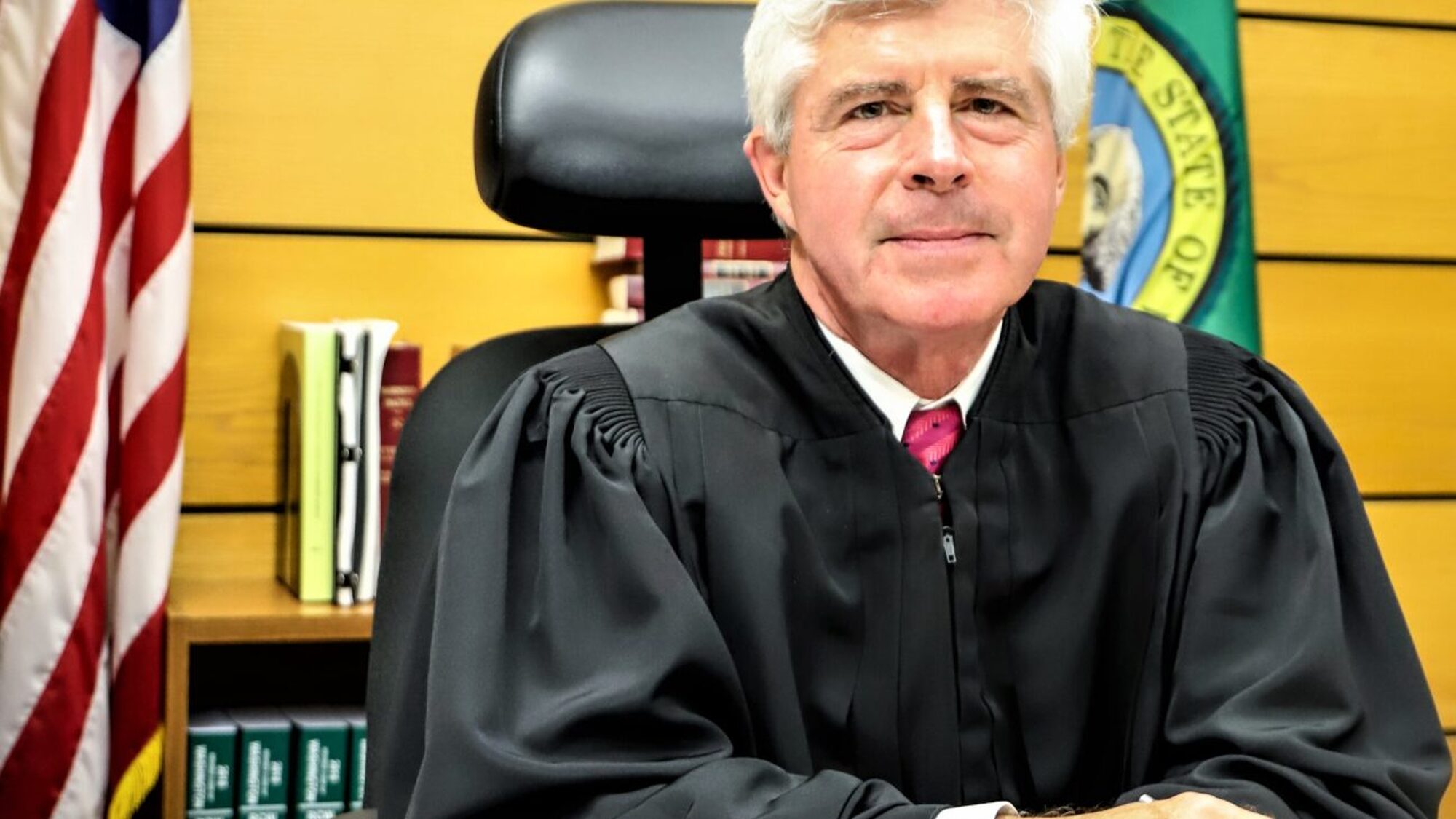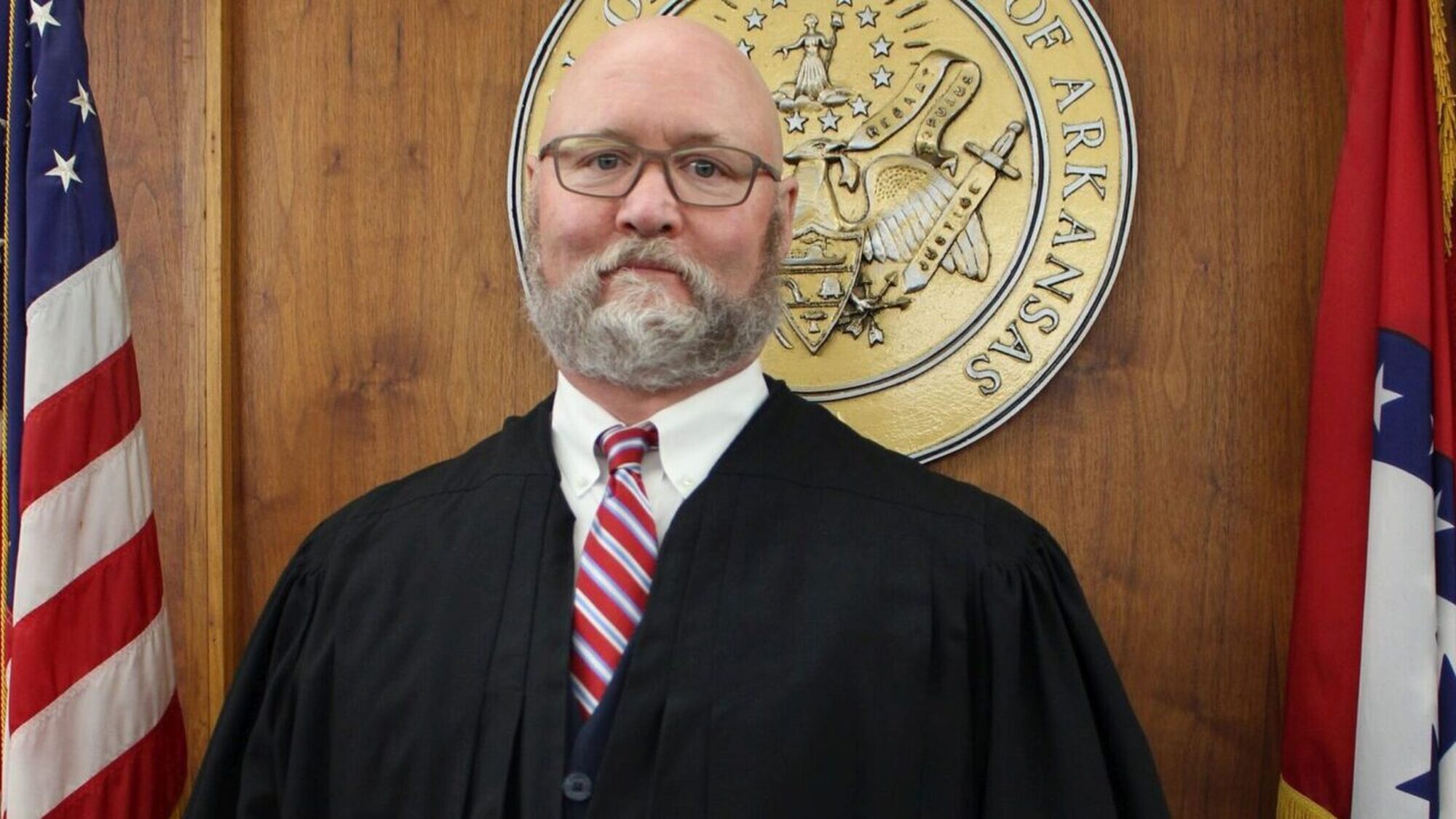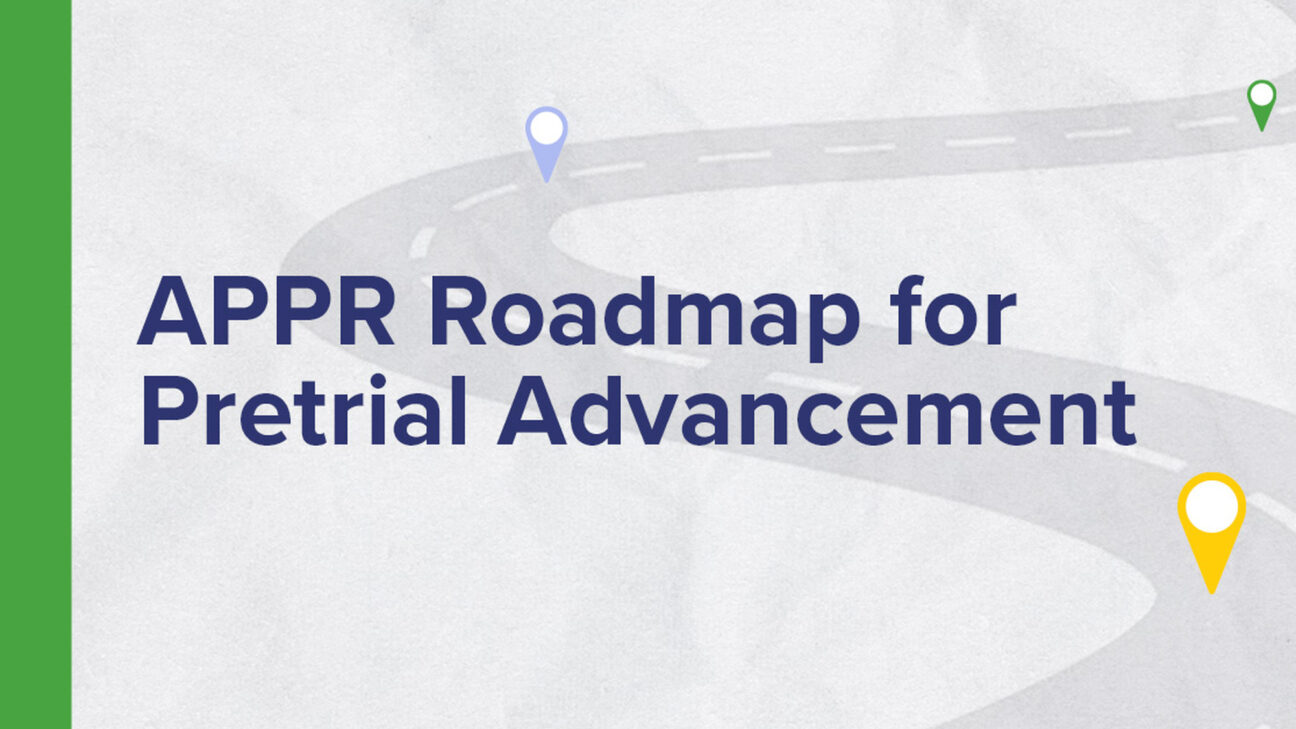Judge Johnny Hardwick describes how working collaboratively with system stakeholders and community partners is advancing pretrial improvement in Montgomery County.
APPR: How have the vision, mission, and values that your policy team agreed upon helped shape your work over the past year?
Judge Hardwick: Our work has been guided by our vision and mission to create a balanced, fair, and compassionate system that is transparent and clear to all concerned. Over the last year, we have researched, examined, and dissected our pretrial process to understand its impact on the community, victims, and people who are justice-involved. We have been developing principles based on evidence-informed pretrial options that we believe are fair and just.
APPR: Reflecting on the team’s work thus far, describe one “aha” moment.
Judge Hardwick: There have been several “aha” moments, particularly when reviewing our data dashboard. There were some surprises as far as who is detained in our jail and the age of those persons. It reflects an excellent graphic illustration of what I had been sensing. We have been able to see in plain view the results of our justice policies and the impact that those policies have had on specific segments of our community.
Having this data confirmed my concerns and convinced me that we were on the right track around addressing the local pretrial system, and need to continue moving forward in this process.
APPR: How has the COVID-19 pandemic challenged your policy team’s work?
Judge Hardwick: There have been some positive and some negative changes due to COVID. Being unable to meet in person has caused our policy team some challenges, such as not being able to feel the energy from our team members and fostering a camaraderie for our work.
I felt the need to make changes in the court schedule even before a pandemic was declared. I felt the need to have a plan for how we would proceed with our court processes, and do more virtual hearings until we understood the impact of the virus. And, because we wanted to expand the use of virtual hearings, we had to modify some procedural rules to take advantage of recent technological advances. We would like to continue on this path moving forward, particularly for civil cases and low-level offenses.
COVID also forced us to focus on our jail population and take a more in-depth look at who was in our jail and who could be safely released. We began releasing people who were being held on low-level, non-violent offenses.
APPR: How has working collaboratively with system stakeholders and community partners helped identify opportunities for improvement in your jurisdiction?
Judge Hardwick: Our policy team’s diversity has been our biggest strength. We have advocacy groups, victims’ groups, and other community stakeholders on our policy team who have contributed to many robust discussions around how to improve pretrial practices in Montgomery. We started building relationships with our external stakeholders before we became a Research-Action Site. This outreach was in response to lawsuits some community organizations in other jurisdictions pursued involving various pretrial policies and practices. So, having already formed these relationships, we thought it would benefit this process to have them involved in this project from the start.
Our community partners would like us to do a lot more than our legislature and our community will allow. Some issues they are very right about, such as the fairness of financial conditions of release. And, their input has contributed to some positive advancements. The district attorney has agreed to a diversionary program where people can avoid having their cases go through the courts, and our sheriff has agreed to a list of crimes that would receive summonses instead of custodial arrests. So, although we have not acted on all of their suggestions and input, we have learned, through candid discussions, about different views of pretrial release, and we have gained insight into and are acting upon many issues already.
APPR: What are you looking to accomplish in the coming year of this initiative?
Judge Hardwick: We will continue to examine our data and use it to devise a plan to improve and update our current pretrial practices. One thing that will help our system be more effective will be to establish a formal pretrial services program to improve outcomes for people in the pretrial phase. Our data revealed that a lot of our crime stems from drug activity. We are hoping to create a pretrial program that will address the needs of people involved in this activity and put them in contact with services that will help them succeed. With this kind of support, we hope that they can be on the road to recovery even before they come to court.
We are also building the foundation for implementing the Public Safety Assessment, including finalizing our Release Conditions Matrix [a local policy that matches the PSA score with services and supports]. We hope to implement the most effective and efficient tool that we can create to help inform pretrial decision making.
We would also like to move forward with increasing our use of summonses in lieu of custodial arrests.
APPR: What are some of the lessons you’ve learned over the last year that you would share with other jurisdictions?
Judge Hardwick: The road to advancing your pretrial system is not easy, and there is no quick fix; it will take time. We have learned to have patience and stay committed to our process. We have also learned that we need many voices at the table, and that’s why we invited as many diverse community stakeholders as we could to participate. You have to let everyone have their say and understand it’s a work in progress.
And, finally, LISTEN! Being good listeners has allowed us to engage all viewpoints, which will ensure that, at the end of the journey, we will have a pretrial system that promotes community wellness.





